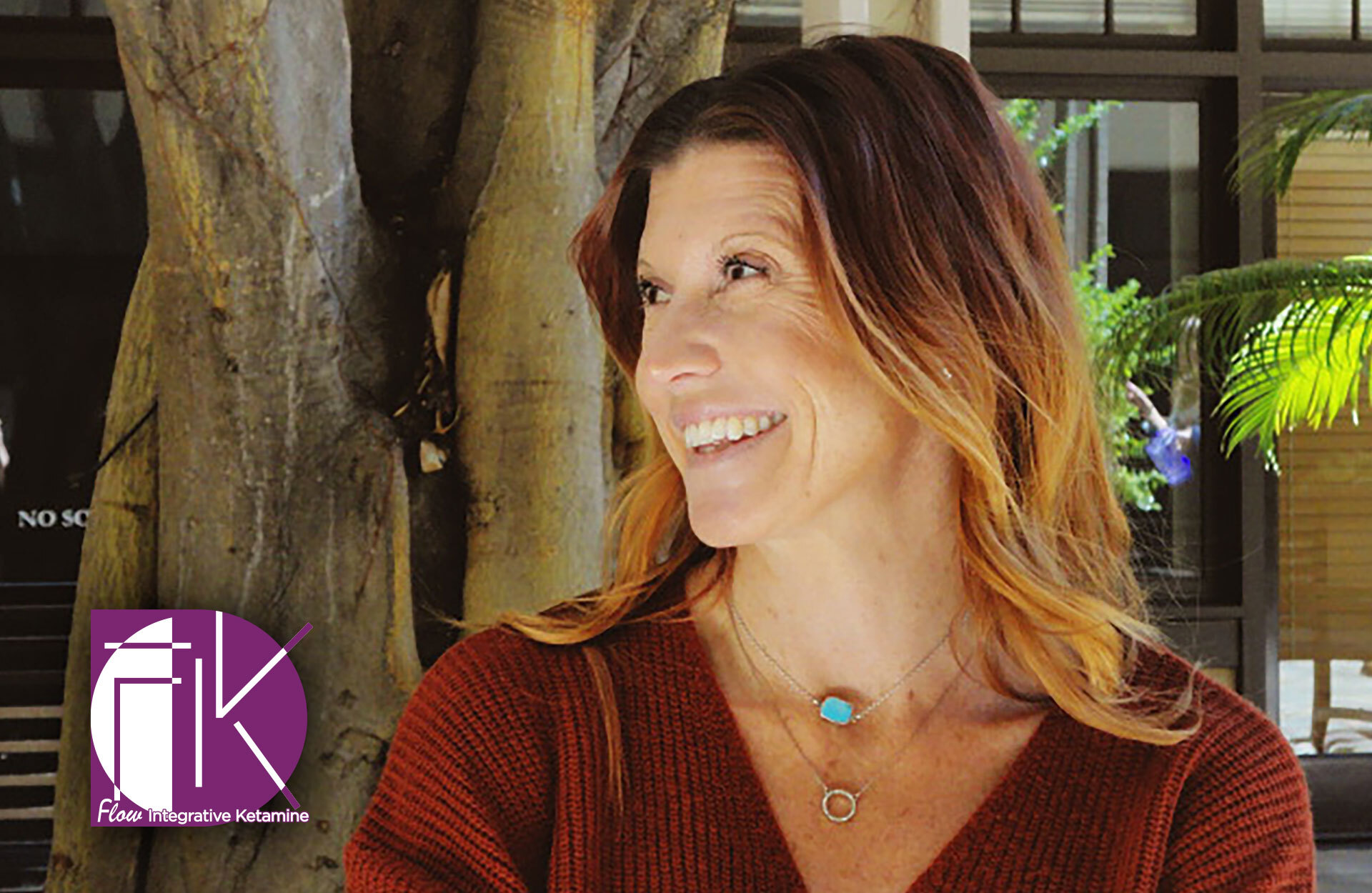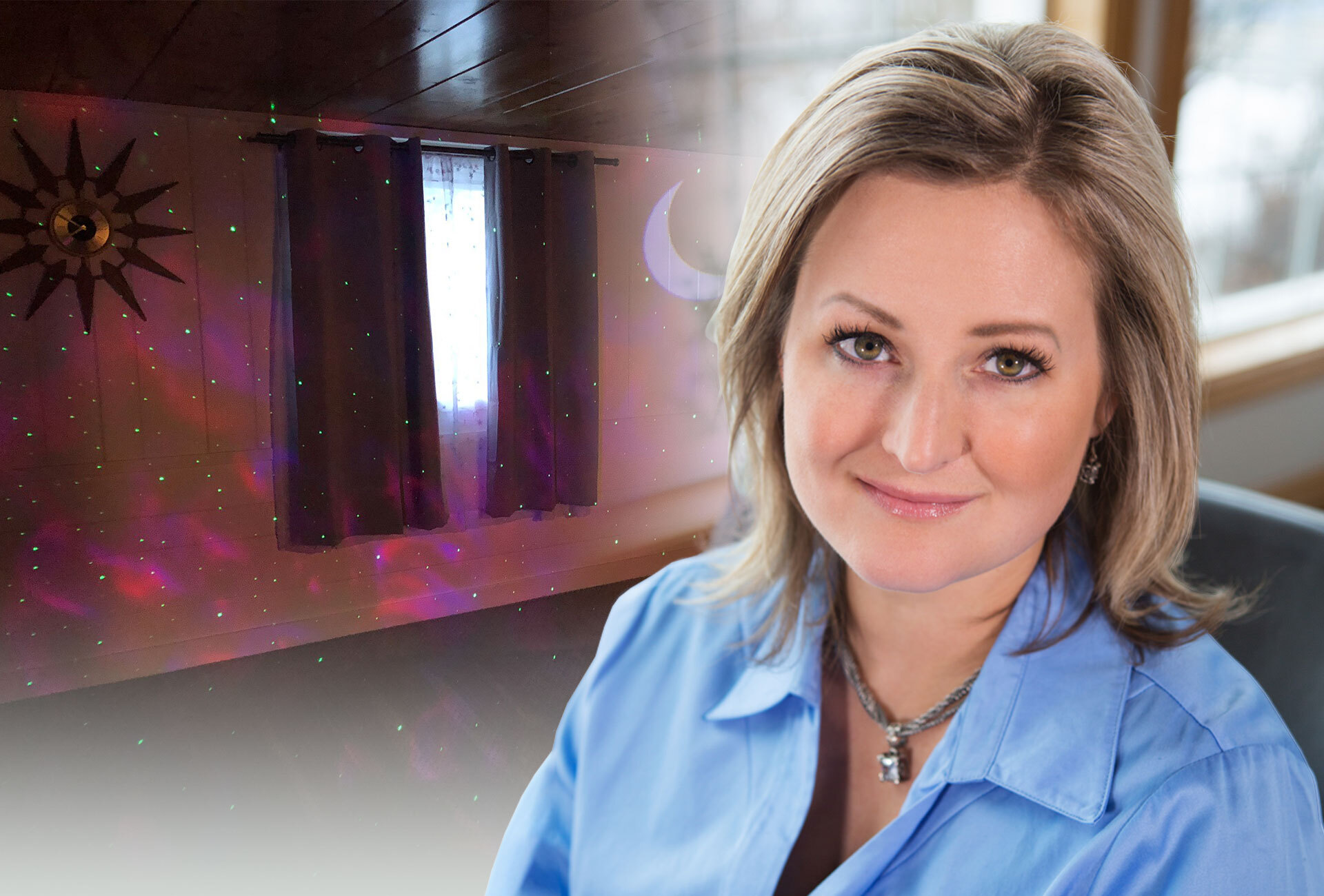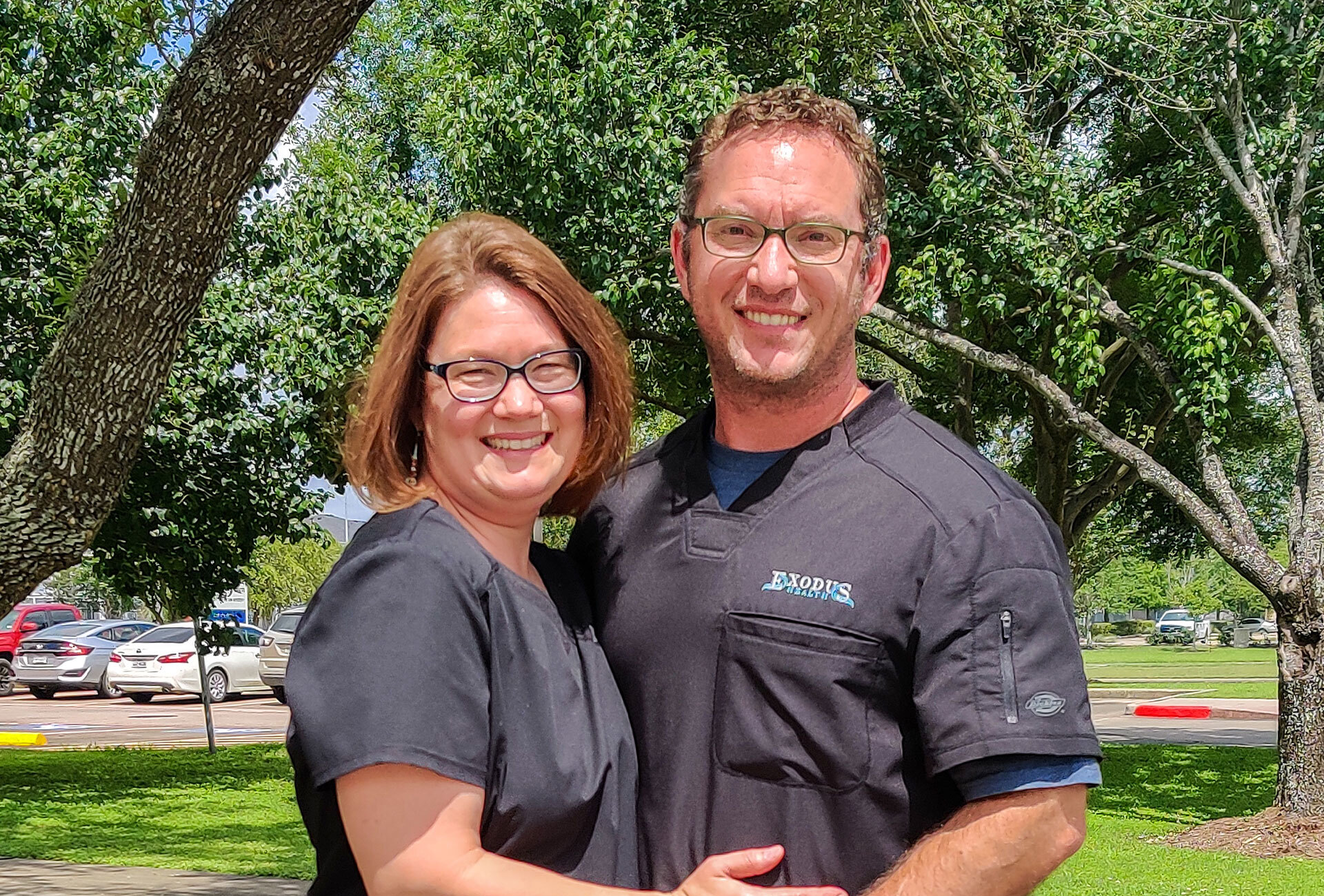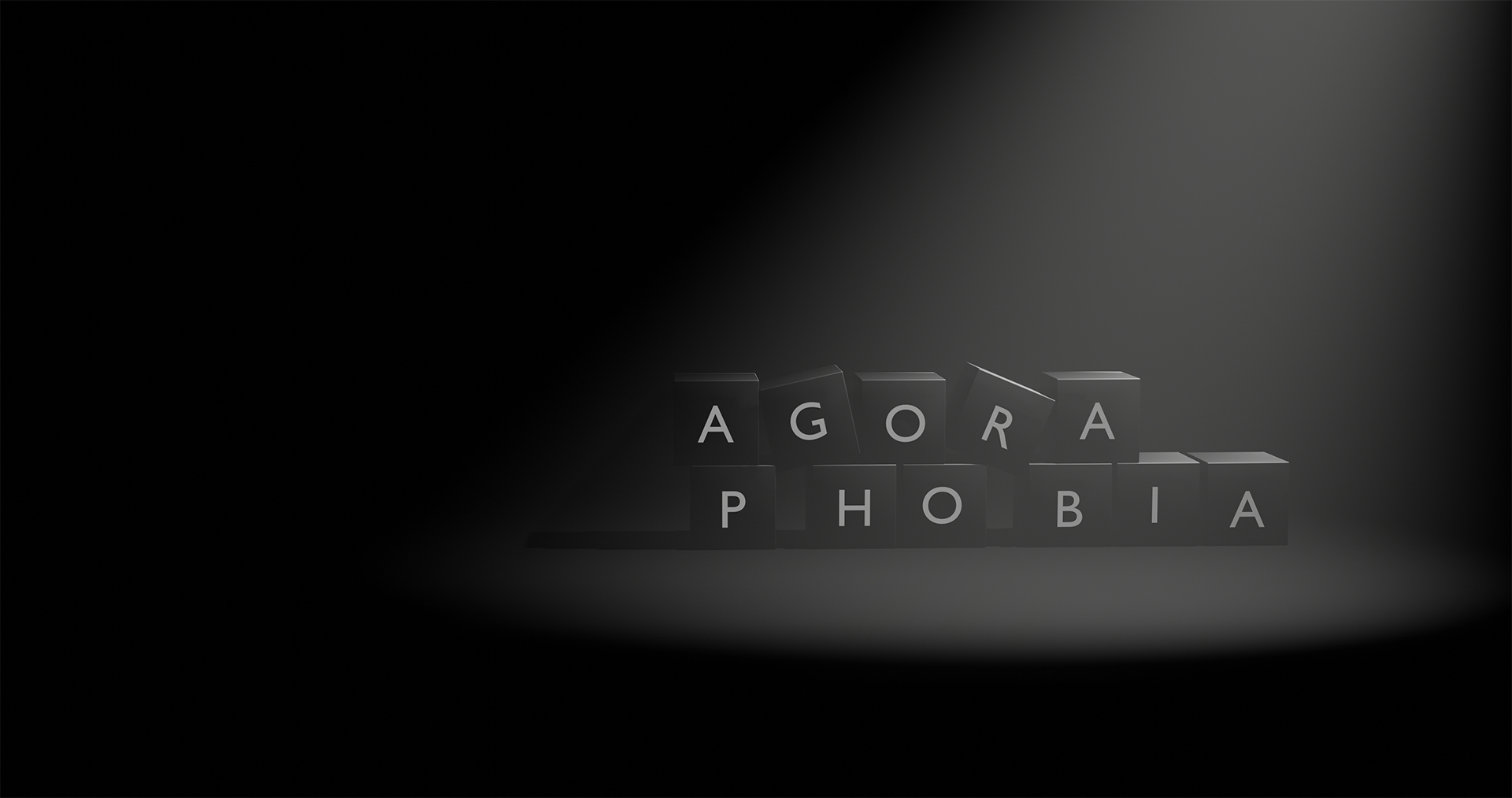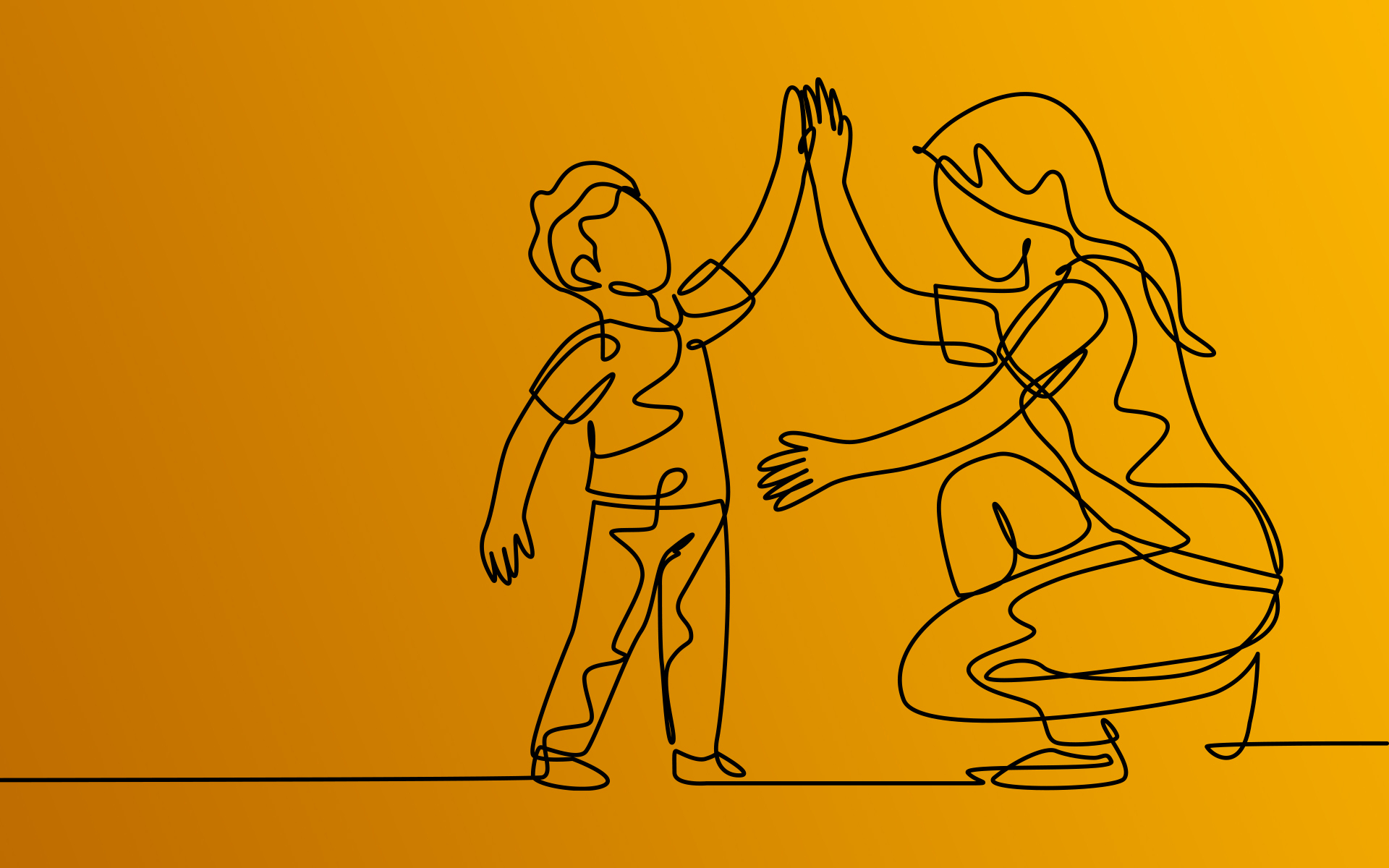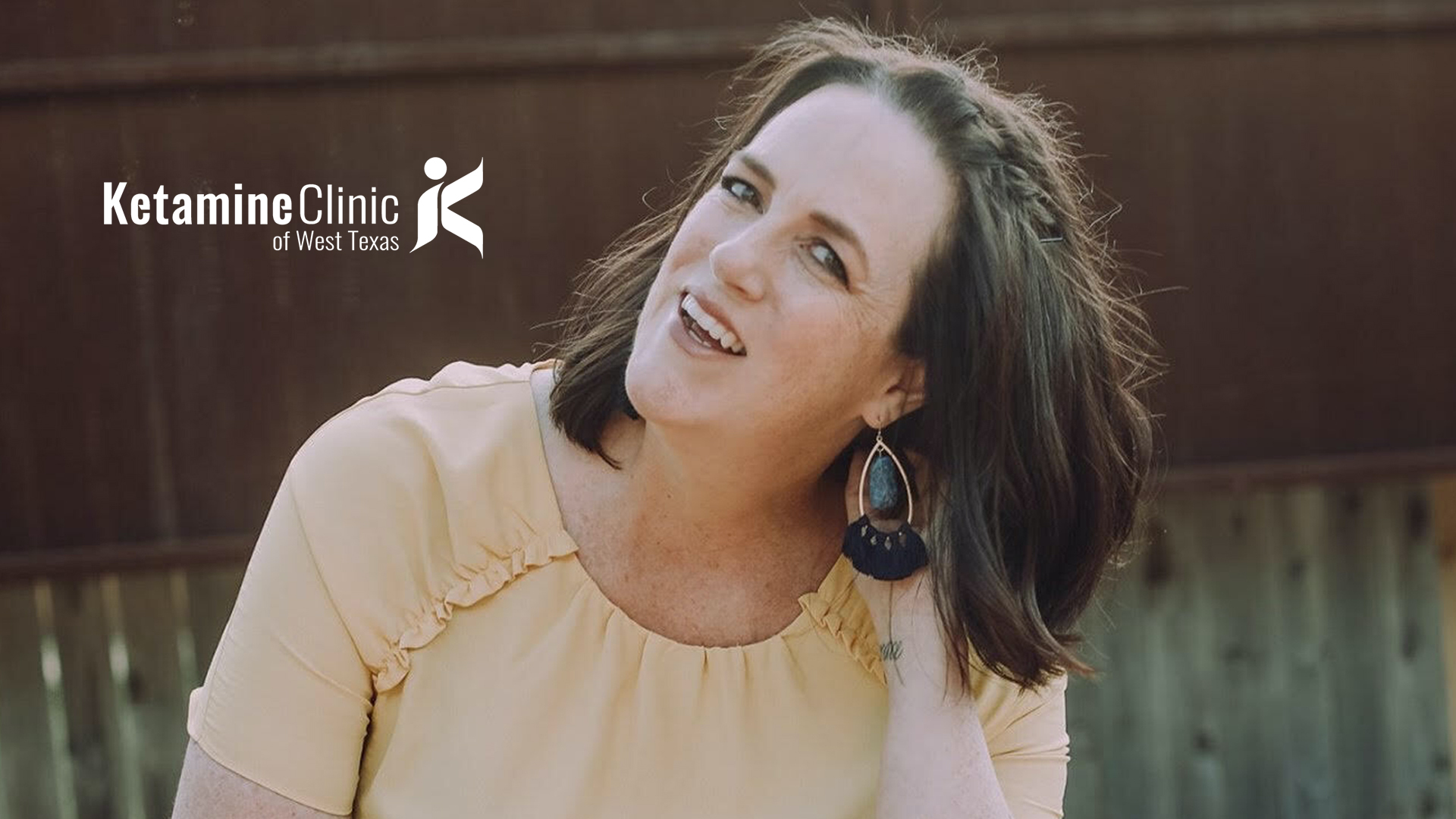Ketamine, it’s thought, works through connection – a reconnection of old neuronal activity or sparking new connections. This makes it useful for the treatment of conditions like depression, anxiety, or chronic pain, according to current science.
The thing about connection is that it’s therapeutic across the board. No person is an island, truly. As humans, we are happier and healthier if we surround ourselves with people that encourage us, inspire us, or challenge us.
My experience in the ketamine infusion space has been no different. I have never felt more sure of the urgency or importance of what we contribute in this space than when I have reached out and connected to others.
Those whose lives have been touched by ketamine infusions, either directly or indirectly, remain the most inspiring part of the job. That’s the strength of the community: our ability to connect to each other and encourage growth.
With Zoom and Google Meet now the norm, it’s easier than ever for us to have conversations. I recently reached out to Nykol Rice, CRNA and owner of Boise Ketamine Clinic and Mindful Infusions.
We talked about the importance of sharing these stories, the effect of a safe and comfortable patient experience, and the future of mental health treatment. Check out a transcript of our conversation below.
Can you tell me a bit about your background and education?
Sure. I’m a certified registered nurse anesthetist, so I have a master’s degree in anesthesia and just a couple of weeks ago I completed my psych nurse practitioner degree, so I’m dual-certified.
I’m pretty passionate about including the mental health component, and so I went back and got a second degree.
What can you tell me about your experience in healthcare?
I have been a registered nurse since I was 19 years old, so I have been in health care for well over 15 years which is crazy. So I’ve been in healthcare a long time.
I was a critical care nurse. I did some neurocritical care for the University of Utah. I was a critical care fellow for their critical care internship program. I helped train registered nurses to function in the various ICUs. So they had a neuro, a surgical, a burn, the ER.
I did that for a number of years, then I went back to anesthesia school and I attended Westminster College in Salt Lake City, Utah, and completed my master’s there in the fall of 2014. So I’ve been in anesthesia now six years.
What was it that led you to start a ketamine clinic?
So it was kind of an interesting pattern of events that led to opening the clinic. I lost someone to suicide in my early 20s, I actually lost a fiancee to suicide. And I had always been searching for something that was a little quicker than traditional antidepressants, something that was effective and safe.
Pretty early on into my anesthesia career, I came across a continuing education article that was talking about using microdose ketamine in a clinic setting for refractory depression and suicidality.
As soon as I read it, my interest was piqued. From there, I spent about a year and a half talking to other clinics and [doing] a lot of research, buying a lot of books, and really working towards opening ketamine clinics. When I opened, I could find online about 10 clinics. So I called and talked to a few different clinic owners and got some good advice on how to proceed..
Then I spent a lot of time talking to the Idaho DEA and the Board of Nursing and then ending up taking the risk and opening up. It’s just been one of the most rewarding things I’ve ever done.
I can’t help but notice the treatment room. Can you tell me a little bit about the environment?
So what I have here is a custom bed that you can program the firmness or softness. You can adjust the height and feet, and this is for our pain patients. It massages and adjusts so that they’re totally comfortable in our setting here.
We’re pretty unique as far as our setting goes. It’s a little different than what you see in a lot of traditional clinics. When people come in, the whole room is set up for “psychedelics”
We’ve got this light show that plays really cool music. It’s just kind of customized and quiet and private. All of our rooms are like this. They all have different lights that people can put on. People really like it.
What else can you tell me about making sure patients feel comfortable?
I think it’s part of helping people feel comfortable having good collaborative care, as well as having open lines of communication and reasonable expectations.
I think you need to be honest with patients about what you can provide and also really make sure that you’re involving the whole person. With ketamine, you really need a variety of approaches to include all aspects of a person.
You want to make sure that they’re getting some counseling, that they’re adhering to medication regimens, that they’re getting the help they need outside of the clinic as well because ketamine is wonderful but it’s not a magic cure.
[Everyone] really needs to be doing the work outside of the clinic as well as coming and doing the work in the clinic. If they understand that, they tend to do pretty well.
The other thing that we offer is preparatory and integration work with a psychologist as well as a certified life coach. They do a really good job of helping people prepare for their sessions and then put what they’re getting out of their sessions into their lives.
They have these big life-changing experiences and they don’t know how to implement the changes that they’re feeling like they need to make. It’s really no good if they have these big revelations and then they don’t know what to do with them from there. So having that component available, I think, is really beneficial for patients.
What are some of the transformations you’ve seen in patients who are able to understand that aspect of it?
Sure, we have some people that have had anything from feeling like they really need to change career paths to people feeling like their sexual identity isn’t what they thought it was, and they’re going to have to work through that. People really have some major stuff come up during these sessions and just working through those impressions and the things that they’re feeling they need to act on is a pretty big deal.
What have you learned about mental health?
That it’s really not a one-size-fits-all approach. If you’re going to get into mental health, it’s very important to come up with some customized plans and approach the patient as an individual and get a thorough history. Ketamine is just a piece of the puzzle. Making sure that you can help patients get all of the pieces they need to really become well is a really important approach.
I think helping patients get lined up with counseling, addressing diet, addressing rest, addressing stressors at home, and having the professionals in place that can help guide them in those areas is paramount to success..
What does that look like at your clinics? Say I’m a patient, how do you connect me to these resources?
So, we have a patient resource guide that goes over different practices that work well with ours. We also have practitioners in-house. We have a psychologist on board as well as the life coach, and they offer some of those integration sessions.
They’re separate counseling sessions where they would come in and they would talk about the things that are coming up in their ketamine sessions or in their life that they feel like they want to really make some meaningful changes, and they would go through a plan of action with these mental health professionals.
I think our set and setting is incredibly unique. We offer the private rooms and the whole clinic is private from door to door. We’re in a commercially zoned home, so it’s kind of an interesting setting. Patients comment all the time how comfortable they are being in this type of setting, because it’s not your standard “whitewalls, no decor” kind of clinic.
We have everything pretty honed in where each room is very comfortable, very private, and patients can really have a personal experience here in a very safe way.
How important is that to making sure it’s a pleasant experience for patients?
Well, if you’ve read anything about the different greats in the psychedelic space – Tim Leary, Hoffman – they all talk about set and setting. So I think it’s important to pay close attention to the setting because it can be very impactful for how patients do in your clinic, and that refers to the mindset that a patient presents.
So what’s going on in their home lives? How are they feeling that day? Are they acutely stressed? The setting is something that the clinic controls and the mindset is something that the patient controls, and having those two pieces come together makes for good sessions.
You mentioned Tim Leary and psychedelics – I wanted to get your opinion on the psychedelic movement.
Psychedelic is not a naughty word. Psychedelic just means mind-manifesting, and that really is what you’re doing here.
When you’re using ketamine in micro-doses the way that most clinics are, it’s functioning as a psychedelic. People are getting vision changes, they’re having out-of-body experiences. I think we’d be remiss to dismiss the fact that it is working very similarly to how psychedelics work.
You’re changing people’s perceptions of their current reality. That’s a psychedelic. You’re bringing up the things that they’re holding on to in a very deep way, things that they can’t seem to get over. Those things come up in their sessions. Their minds are manifesting in these sessions. So I think that you would be silly to say that ketamine is not a psychedelic or that we need to avoid those kinds of side effects. I think there’s a lot of power in being able to access a little bit different state of mind.
Where do you see ketamine being in five years?
Ideally, I would hope that ketamine sees more widespread acceptance and legitimacy. We’re seeing promising research come out of major academic institutions all over the country. You’re seeing Johns Hopkins, you’re seeing Yale, you’re seeing Stanford release a lot of promising high-quality data that shows that there’s many clinical indications for ketamine. There’s a lot of utility with this medication. I think as you see other psychedelics hopefully hit the market in the next five years, you’re going to see psilocybin, MDMA, possibly even LSD.
I think that we were a little remiss in dismissing these medications so quickly. We’re seeing now that there is clinical utility in each and every one of these medications. You just have to find the appropriate patient selection and the criteria for people who can benefit from this.
As long as we can do this in an ethical, responsible way where we’re not causing harm to anyone. I think there’s millions and millions of people that can really be helped by these medications.
So I think what’s going to happen in the next five to ten years is you’re going to see a mental health renaissance with the option of all sorts of different psychedelics.
My hope for ketamine in that time is that it only strengthens its position. Ketamine is very predictable, so it makes it very user-friendly to use in a clinical setting the way we are in. It’s really hard to get a medication that has a 10-minute onset and offset in a predictable manner like ketamine tends to work.
Ketamine is not an expensive medication, and I think that people deserve to have some reasonable access to it. People need other options. It’s very clear that we’re really just not meeting the mental health care needs that we have in this country.
People are in crisis and I think they deserve to have some options available to them in an affordable way.
The bottom line is for the average cost of an ER stay or two, you could really treat someone with ketamine for many, many months to prevent those days. If you look at inpatient stays, even a day or two of inpatient stays, you could maintain someone on ketamine in a much, much more affordable manner and less disruptive to people’s lives. Now, there’s always going to be a clinical indication for inpatient status. That’s not going away.
But if we could cut back on the need for ER visits due to suicidality or cut back on inpatient admissions or length of stays by really utilizing this medication to its fullest potential, it’d only save both the health care payor and the patient’s time and money in the long term.
One hundred percent may not be realistic, but if we get 70 percent of people with treatment-resistant depression feeling better, that’s a really big deal.
What are some of your favorite patient stories?
A 17-year old male went from suicidal with around-the-clock parent supervision and unable to attend school to being able to resume playing on his high school football team and completed his high school diploma.
A 33-year old female with autism presented for severe social anxiety which prevented her from being able to leave the house. After her 3rd session, she was able to go downtown with her family to the farmer’s market and out to eat. She had not been able to be in a social setting in nearly two years.
A 32-year old female presented with CRPS which caused her such crippling pain she was unable to work. After ten sessions she was able to return to work and has been gainfully employed and on a booster regimen for over 3 years.
What are you most proud of?
The thing I’m really most proud of is the team and setting we’ve created at Boise Ketamine Clinic. Over the course of our 5 years in business we’ve worked diligently to improve our services and provide people the support they need to implement lasting change in their lives.
Between myself, Marisa Weppner (life coach) and Dr. Mike Sapiro (psychologist) we’ve evolved into offering nearly all forms of ketamine as well as adding preparatory and integration counseling sessions in addition to Ketamine Assisted Therapy options. This approach offers both a unique medication and a very specialized type of guidance.

